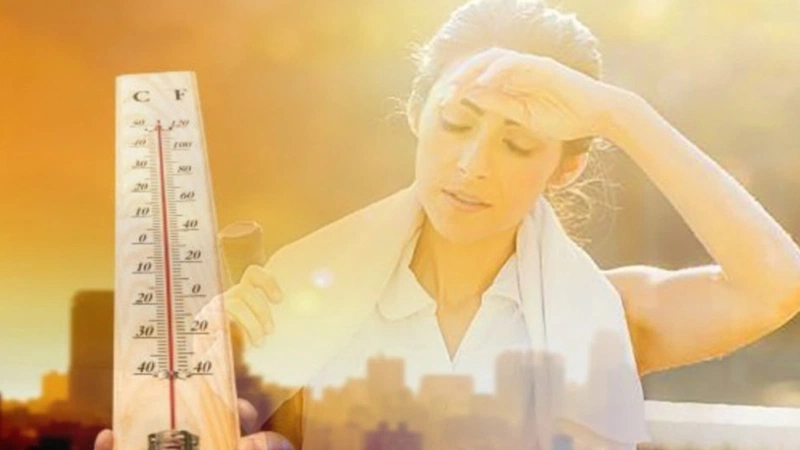
Does Heat Increase the Risk of Stroke?
Does Heat Increase the Risk of Stroke?
Heat stroke risk rises significantly during hot summer months, especially among the elderly and people with chronic illnesses. When temperatures soar, the risk of heat-induced strokes and cardiovascular complications increases. Understanding the causes, symptoms, and prevention measures is essential to protect your health.
Heat – A Major Factor Behind Stroke
High outdoor temperatures lead to dehydration, elevated heart rate, blood pressure fluctuations, and blood clot formation. These conditions greatly contribute to heat stroke risk, particularly when temperatures exceed 32°C. Sudden exposure from air-conditioned rooms to extreme heat can trigger heat shock and fatal strokes.

High-Risk Groups During Hot Weather
-
Adults over 65 years old.
-
Children under 4 years old.
-
Patients with heart disease, hypertension, diabetes, high cholesterol.
-
Individuals who consume alcohol, smoke, or lack adequate hydration.
-
Urban residents experiencing heat island effects, making cities hotter than rural areas.
Warning Signs of Heat-Induced Stroke
Seek medical attention immediately if you notice:
-
Body temperature above 40°C.
-
Severe headache, dizziness, loss of balance.
-
Red, dry skin without sweating.
-
Nausea, rapid heartbeat, shallow breathing.
-
Behavioral changes, disorientation, seizures, fainting.

First Aid for Heat-Related Stroke
-
Call emergency services right away.
-
Move the victim to a cool, shaded area and remove excess clothing.
-
Use fans, wet towels, or apply ice packs to the groin and armpits.
-
Avoid pouring cold water directly on the body to prevent shock.
How to Prevent Stroke in Hot Weather
-
Drink at least 2 liters of water daily, even if not thirsty.
-
Avoid going out between 10 AM and 4 PM; wear hats, sunglasses, and sunscreen.
-
Keep air conditioning around 27°C; avoid sudden temperature changes.
-
Eat more vegetables and fruits; limit alcohol and caffeine.
-
Exercise lightly in the early morning or late evening.
-
Get regular check-ups and consider MRI screenings for stroke prevention.
Heat stroke risk can be minimized with proper precautions. Stay vigilant, recognize symptoms early, and adopt healthy habits to safeguard your life during the summer.